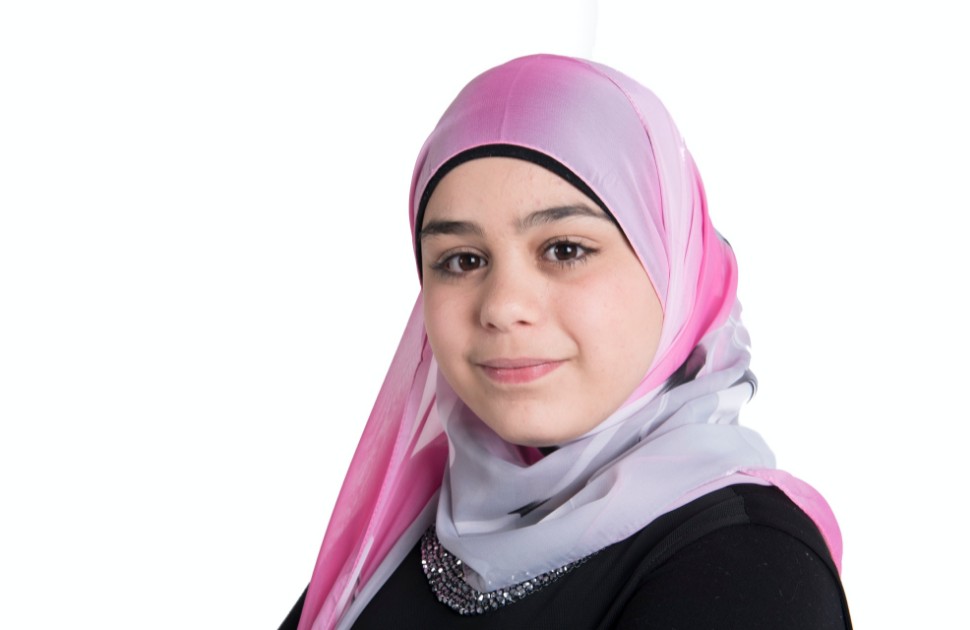| Cerebral ventricular shunts: some questions, some answers. |
|
Vancouver: British Columbia's Children's Hospital, 1996.
|
| Children with spina bifida: a parent's guide. |
|
Bethesda, MD: Woodbine House, 1999.
Written by an expert team, this book addresses common concerns of parents about their child's development and condition.
|
| A guide to hydrocephalus / McCowan, Anne Marie. |
|
Toronto: Spina Bifida & Hydrocephalus Association of Ontario, 1992.
This book explains what hydrocephalus is, the causes and the treatment. The book also covers such topics as shunts and shunt failure; diagnostic tests; the consequences of hydrocephalus; professionals involved; and medications commonly used for seizure disorders.
|
| Hydrocephalus: a guide for patients, families and friends / Toporek, Chuck. |
|
Sebatopol, CA: O'Reilly & Associates, 1999.
Text provides clear advice on living with hydrocephalus. Helps parents with choosing a neurosurgeon and what to expect in regards to treatments.
|
| Living with spina bifida: a guide for families and professionals / Sandler, Adrian. |
|
Chapel Hill, NC: University of North Carolina Press, 1997.
Addressing the challenges raised by spina bifida in a positive and practical manner, this book will aid anyone seeking the information necessary to build a strong, productive parent-professional partnership. It will serve as a resource for families as well as for doctors, health care workers, teachers, therapists, and other professionals involved in caring for children with spina bifida.
|
| Spinabilities: a young person's guide to spina bifida. |
|
Bethesda, MD: Woodbine House, 1997.
A guide to coping with the medical, self-care, and emotional issues of spina bifida, with an emphasis on becoming as independent as possible.
|
| Understanding spina bifida. |
|
Toronto: Bloorview MacMillan Centre, 1998.
Whether you are a parent, service provider, or an individual with spina bifida, you need accurate, up to date information so you can make informed decisions regarding care, treatment and management in the present, as well as anticipate and plan for the future.
|





